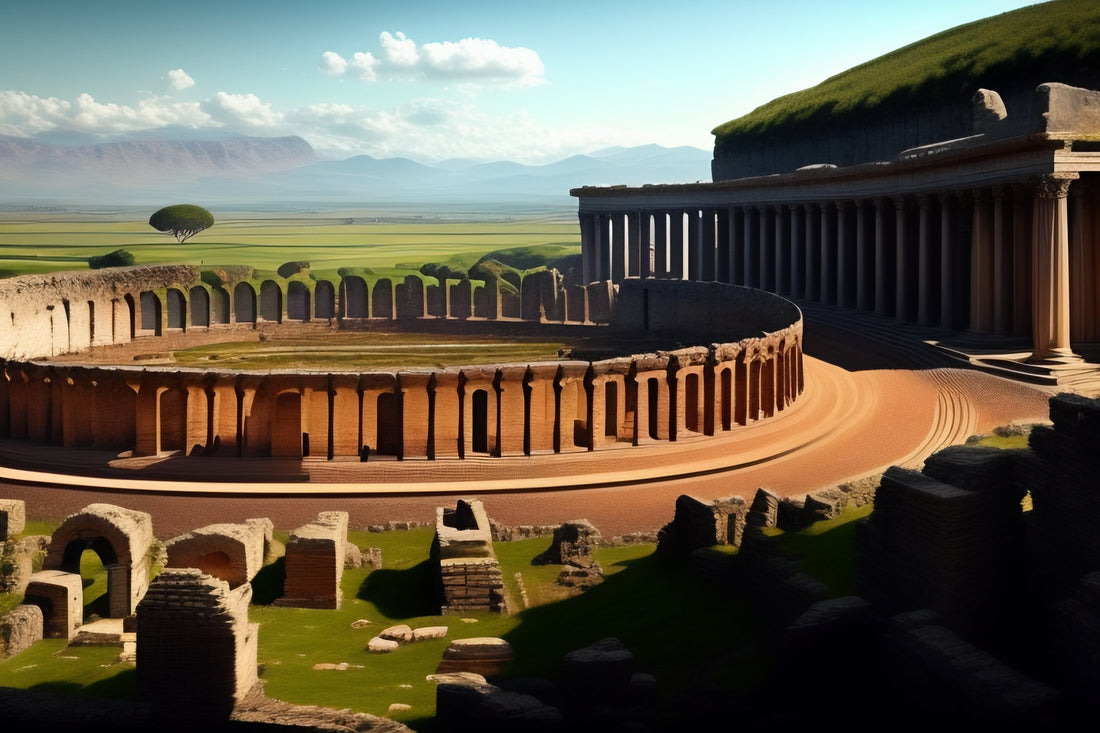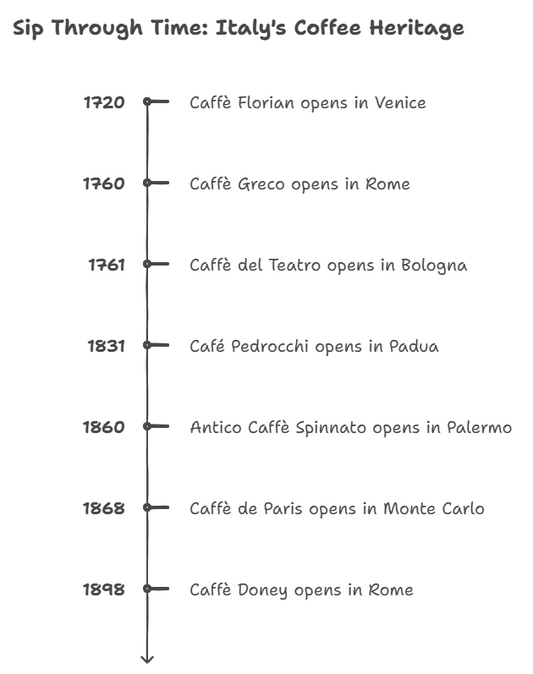The mighty Roman Empire was one of the largest and most powerful empires in history. Its impressive military prowess enabled it to expand its borders and rule over much of Europe and the Middle East for hundreds of years. But why were the Romans so successful in battle? Here's a look at some of the reasons why:
The Romans were successful in battle for a number of reasons, including:
-
Disciplined and well-trained soldiers: The Roman army was known for its strict discipline and rigorous training. This allowed soldiers to work together effectively in battle and follow orders without hesitation. The Roman army trained their soldiers rigorously, teaching them not only how to fight but also how to build fortifications. By having such skilled warriors on their side, Rome was able to crush rival armies quickly and efficiently.
-
Superior military tactics: The Romans were skilled in the use of military tactics such as the testudo (tortoise) formation, which allowed soldiers to advance under the cover of a shield wall.
-
Cavalry and Infantry Coordination: The Romans were skilled at coordinating their cavalry and infantry units, using cavalry to outflank enemy formations while infantry provided a strong defensive front.
-
Advanced weaponry: The Romans were skilled in the use of advanced weaponry, such as the pilum, gladius, and scutum. These weapons gave them an advantage over many of their enemies. From Gladius to Siege engines, we’ll discuss some of the most notable Roman weapons used during its time as an empire.
-
Effective logistics: The Roman army was able to move troops and supplies quickly and efficiently across their vast empire. This allowed them to respond quickly to threats and maintain their military strength. Rome’s vast trading network allowed them to amass resources from faraway lands which enabled them to feed large armies comfortably while still having enough materials on hand when they needed them most. They also traded goods with nearby nations which gave them access to better quality weapons more easily.
-
Strong leadership: The Romans had a tradition of strong military leaders who were able to inspire their troops and lead them to victory. This helped give their forces an edge over foes who lacked a similar level of strategic direction during wars ensuring successful outcomes time after time. The Siege of Alesia (52 BC) was a pivotal moment in Julius Caesar's conquest of Gaul. Caesar's forces surrounded and defeated a much larger Gallic army led by the warrior Vercingetorix
-
Tactical Adaptability: The Romans were able to adapt their military tactics to different terrains and enemy forces, allowing them to overcome a wide range of challenges. This gave them an advantage when engaging large enemy forces as they could flank weak points or outmaneuver heavily armored opponents with ease. The Battle of Zama (202 BC) marked the end of the Second Punic War, with the Roman general Scipio Africanus defeating Hannibal's Carthaginian army by adapting their formation against the elephant-led army.
-
Deception: The Romans often used deception tactics to confuse and mislead their enemies, such as setting up dummy camps or pretending to retreat. For example, at the Sambre River in 57 BC, Caesar baited the Nervii into attacking before their allies could join them.
-
Political and economic stability: The Roman Empire was politically and economically stable, allowing it to support a large and powerful army.
Overall, the Romans' success in battle was due to a combination of disciplined soldiers, advanced military tactics and weaponry, effective logistics, strong leadership, adaptability, and political and economic stability.

The city of Rome was one of the most powerful empires to exist in the history of the world. But how exactly did a small city-state gain such immense power?
Rome was not only geographically strategic, but it also had a strong government and possess great military power. The Roman Republic was founded in 509 BC and went on to become a major superpower, ruling over Europe, North Africa, and parts of Asia for around 500 years.
The Roman Empire was one of the most powerful civilizations in world history. Stretching across Europe and parts of Africa and the Middle East, Rome’s military might be allowed it to build an empire that lasted for centuries. Throughout those years, Rome employed many forms of weaponry, both imported from foreign nations and crafted domestically.




